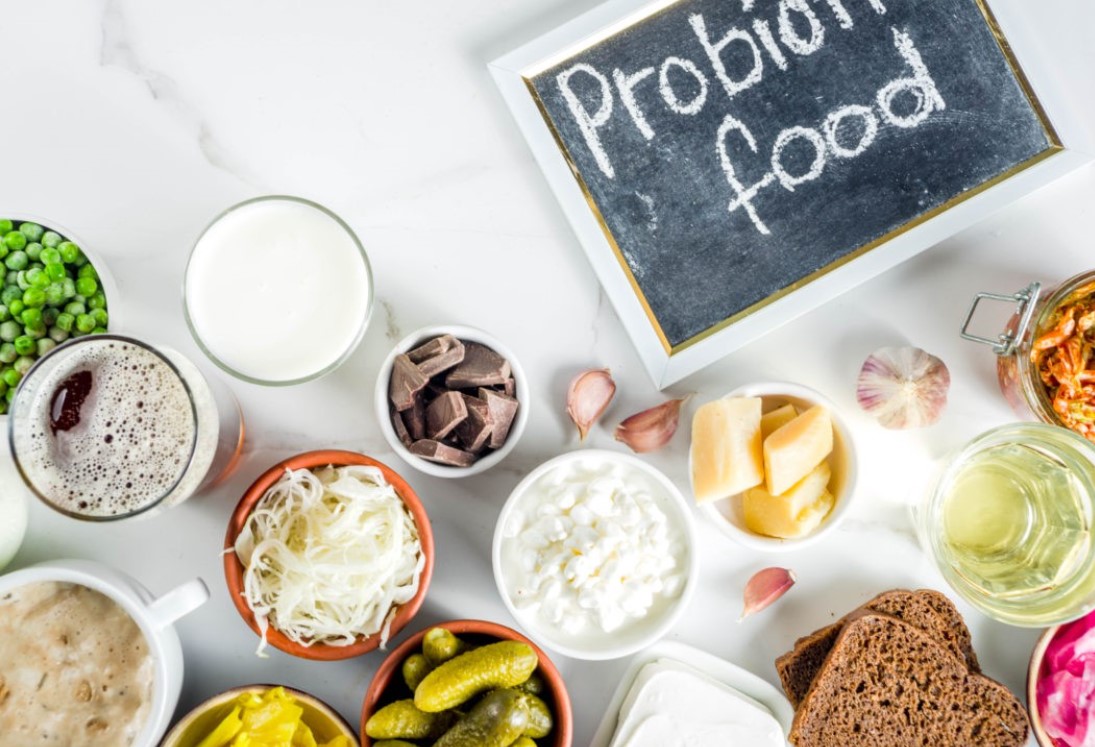What to Eat After Vomiting During Pregnancy ? If you are suffering from nausea or vomiting during pregnancy, you may be wondering what to eat after vomiting. While pregnancy can be a beautiful experience, it can also be a miserable one. Thankfully, there are several things you can eat after vomiting. These tips can help you to survive nausea and vomiting during pregnancy.
What to eat after vomiting during pregnancy?
You can use a variety of natural remedies to treat nausea and vomiting during pregnancy. Fennel seeds can be steeped in hot water for five to ten minutes. You can then drink this tea or chew on the seeds several times daily. You can also take vitamin B6 supplements.
During your pregnancy, you should avoid greasy and spicy foods. It is also best to avoid cooking or eating before bedtime. You should also go to bed early so that you can rest. You may also want to take a snack during the night. Herbal teas like spearmint and chamomile can also help. These teas are rich in natural ingredients and can ease morning sickness.
You can also try eating foods high in protein. Eating high protein foods like egg yolks and milk may help you feel better and reduce morning sickness. But you should consult your doctor first to make sure it is safe for you. Some natural sources of protein are nuts, beans, and Greek yogurt. Bananas are also a good option. They are rich in B6 and potassium.
If you have nausea and vomiting during your pregnancy, it is important to drink plenty of fluids to reduce the symptoms of nausea. Some herbal teas contain lemon and ginger, which can help you feel better. However, it is best to avoid drinking large amounts of liquid at one time. Try drinking water between meals.
What to eat after vomiting during pregnancy at night?

Vomiting is a common ailment during pregnancy and it can greatly affect a woman’s quality of life. This condition affects 80% of pregnant women in the first trimester. Fortunately, there are many foods you can eat to minimize the symptoms of pregnancy nausea and vomiting. Some of the best options include plain and low-fat foods like white rice, vegetables, crackers, pasta, and hot cereal. You can also eat lean meat, white fish, and shellfish. Try to avoid fatty foods and sweet foods as they may cause nausea. If you do get nauseated, try sour drinks and salty foods to help reduce the sensation of nausea.
Nausea and vomiting in pregnancy
The first thing you need to do if you have nausea and vomiting during pregnancy is to drink plenty of fluids. You can also try herbal teas that contain lemon or ginger, which can help ease your nausea. Moreover, you can eat fruit and vegetables that are packed with water, such as melons. However, you should avoid drinking too much fluid at one time, as it will strain your digestive system.
If you’re suffering from morning sickness, you’re not alone. About sixty to seventy percent of pregnant women will experience morning sickness at some point during their pregnancy. This condition is extremely uncomfortable and can ruin your day. However, it doesn’t have to be morning-only – you can experience nausea at any time of the day. In addition to eating the right foods, you should also take prenatal vitamins to keep your nausea under control.
Although nausea and vomiting are common during pregnancy, they’re not harmful to the baby. In fact, they may improve with time. Most women experience nausea and vomiting during the second and third trimesters, but some women experience them all the way until the end of their pregnancy. If your nausea or vomiting is severe, it’s a good idea to seek medical attention. Your ob-gyn can prescribe medication to ease the symptoms. If nothing seems to work, you can also try visiting a pregnancy support group to talk about your symptoms.
While eating is important during nausea and vomiting, it’s important not to overeat during this period. Instead, eat small, frequent meals, and drink plenty of water. Eat foods high in protein, carbohydrates, and low fat.



